How do I ensure a product is organic? What are the best ways to ensure a product is organic? How do I know that this product is genuinely natural and organic? What are the ingredients I need to keep a look out for when I am choosing a product that is natural and organic?
These are some questions I have been asked a lot of times by readers of my blog. Especially with the surge in the market where all products are claiming that they are natural, it becomes very important to know if you really are buying the right products and most importantly are they natural and organic as they claim to be.
How do I ensure a product is organic?
So what are the ways to ensure a product is organic? Here are a few ways to check if the products you are buying are genuinely natural, organic an chemical free as they claim to be.
MUST READ: The best natural and organic brands in India
What are the ways to ensure a product is organic?
Living a chemical free life is important. You are using products that are safe for you and your family. And let me also tell you that organic and natural products are not limited to skin and hair care only. It is also valid for household products that you may use on a daily basis. Right from the floor and bathroom cleaner, dish washer and products that help to keep the insects and bugs at bay.
I am listing some pointers for you that will help you choose the right products. These are simple ways to ensure that a product is organic. So the next time, you come cross a product that claims to be natural and organic, you’ll know what to look out for!
Check the ingredient list.
Look for the ingredient list. Most brands that promote natural and organic products will follow a complete ingredient disclosure. The next time you buy a product, look at the ingredient list to know if there are harmful toxins in the product you are about to buy. This list is specifically for skin and hair care products.
PHTHALATE & PARABENS
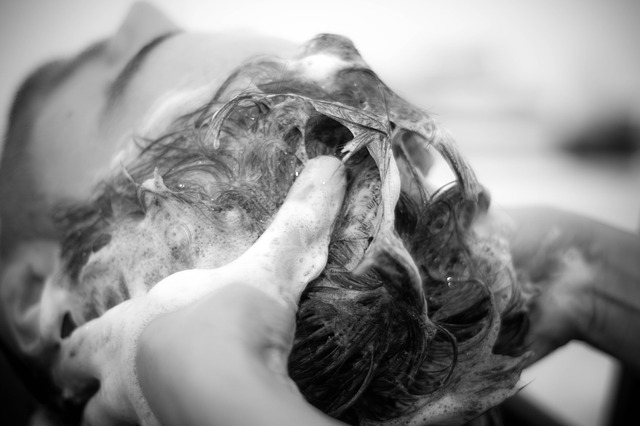
Phthalate & Parabens are the most common of them all and are listed in soaps, shampoos and lotions. These are also a part of the ingredients list in wet wipes. With repeated exposure to parabens; research indicates that one can be susceptible to tumours, hormone disruption and skin irritation.
Phthalates have been linked to endocrine disruption, that can cause not just reproductive problems but also affect the concentration levels.
SODIUM LAURETH SULFATE (SLES)

Love your soap and shampoo or the body wash that lathers? Then look up if the product has SLES. SLES/SLS is one of the main ingredients in any product that causes the product to foam or lather. It is commonly found is soaps, bubble baths, shampoos, body washes and face wash.
Not only is this ingredient harmful for you, but it also not safe for your baby’s tender skin. SLES is also a common ingredient that is used in regular detergents used to wash clothes.
1,4-DIOXANE
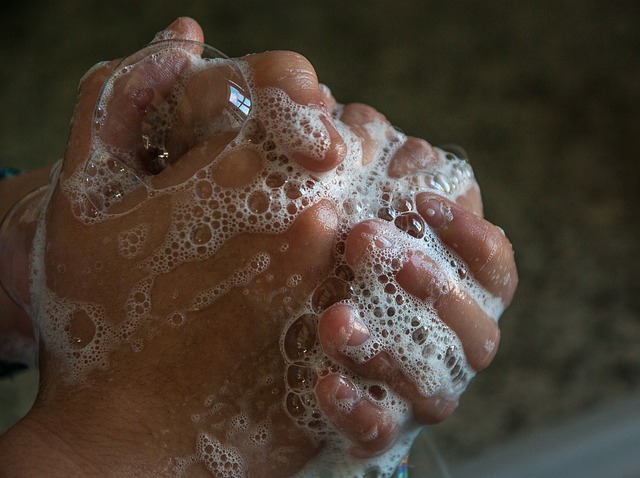
This is another ingredient that is commonly found in bath products and liquid soaps. Most of the times it is not listed on the label because it is a chemical byproduct. This product is commonly linked to many types of skin allergies. It is possible that the ingredient 1,4-dioxane is a part of products that contain SLES and PEG compounds.
Just to ensure that you completely avoid this ingredient, avoid using products that contain SLES, PEG compounds and chemicals listed as xynol, ceteareth and oleth.
MUST READ: The best natural and chemical-free baby products in India
FRAGRANCE
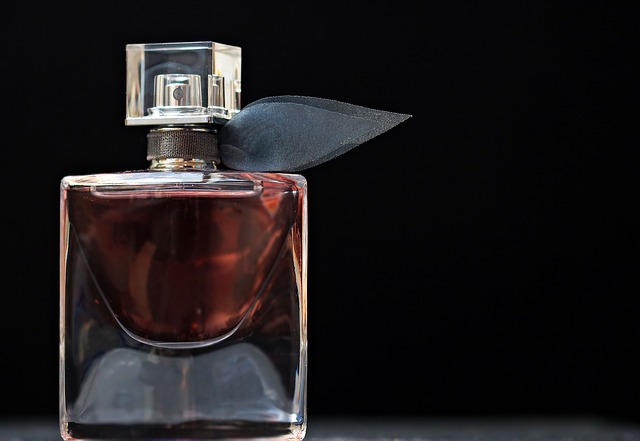
Don’t you love that lingering fragrance of a a body wash or a soap? Turn the product and read the ingredients list. If the fragrances are really strong there are high chances of the fragrance being artificial. Naturally derived fragrances are a lot milder and pleasing to smell. Prolonged exposure to fragrance can cause allergies, skin damage, and respiratory issues. Fragrance can also be listed as perfume or parfum.
MINERAL OIL
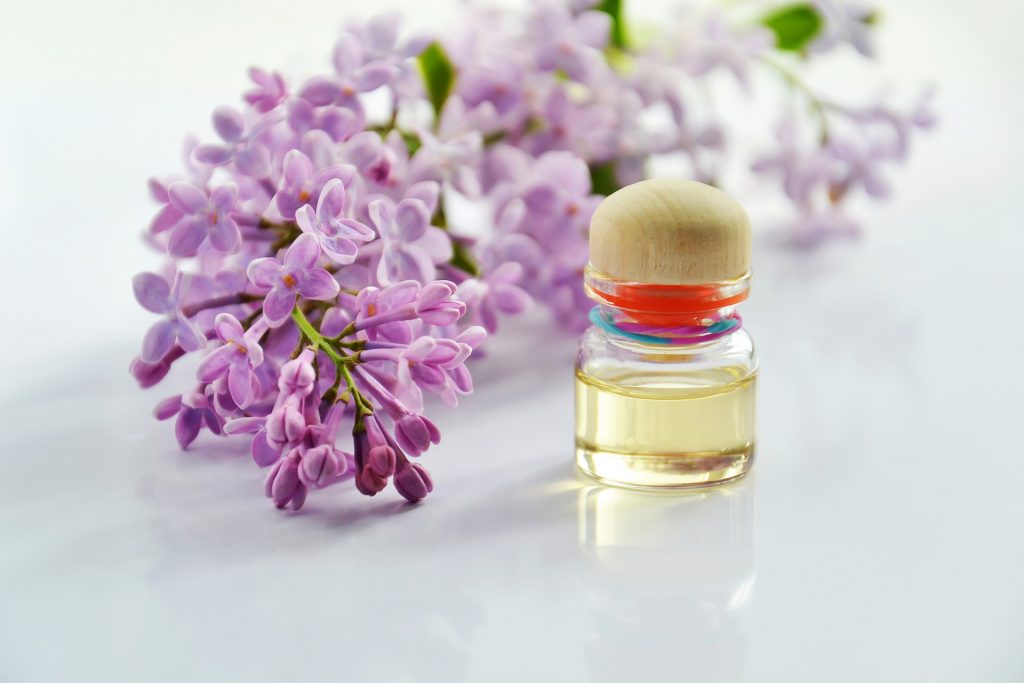
This ingredient is commonly found in oils. Especially hair oils and even massage oils for babies. Mineral oils will typically have a lingering fragrance because it is mixed with fragrance that is another must-avoid ingredient. Mineral oil is a cheap byproduct of petroleum processing and when applied on the skin it acts as a plastic wrap and inhibits the skin’s ability to release toxins.
TALC
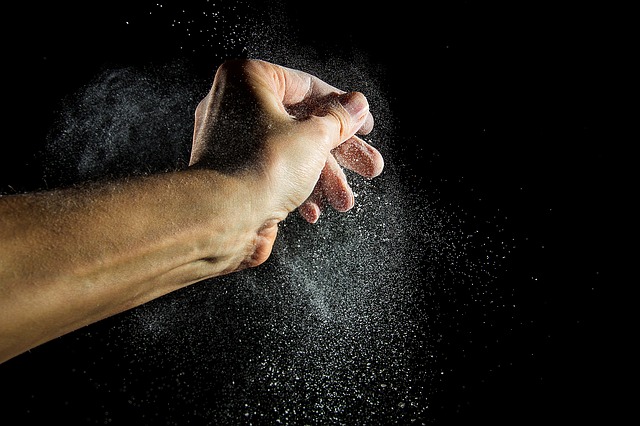
Most of the commonly available talc powders in the market are made from a mineral called talc. The reason you may also love the talc because it smells great! And guess what? This is purely because most of the times fragrance is added to it. Talc is known to cause skin irritation and allergies.
TRICLOSAN
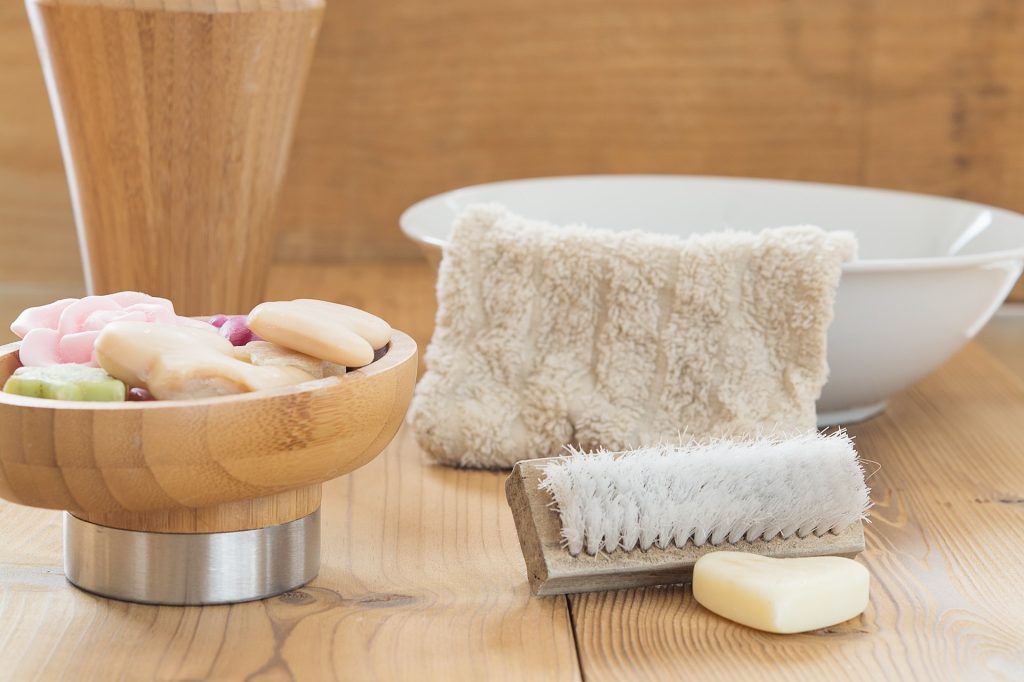
Triclosan is found under anything that is labelled as anti-bacterial. It is known to be an endocrine disruptor and is harmful for the environment. This ingredient is used in antibacterial soaps, hand washes, baby wipes to name a few.
Look for the organic certification
Brands that promote organic products need to have a certification. If you find an Ecocert certification in a brand, then you can safely buy the product without a second thought. Ecocert is an inspection and certification body established in France in 1991 by agronomists aware of the need to develop environmentally friendly agriculture and of the importance of offering some form of recognition to those committed to this method of production. From its creation, Ecocert is specialized in the certification of organic agricultural products. (Source: Organic Certification of Agricultural Products)
In the past 8 years of blogging, I have researched extensively on products that are good and safe to use. These are products that do not contribute to a landfill, safe when discarded because they are bio-degradable and most importantly, they cause no harm.
I had written this post originally for Quora. You can view it here.
Main hamesha ingredients n date dekh kar hi products buy karti hu per ab aao sabki wajah se itni awareness aa gai hai ki harmful products buy nahi karti
Thanks for always update about healthy n safe lifestyle ??
Hi, your post is quite informative and useful. There’s hardly any awareness about what all should a consumer be avoiding while buying a product. You have done a good job in providing an insight into some of these harmful chemicals that are a part of many of the products that we use on daily basis.
Thank you for stopping by! I am glad that you found the post informative.
You know, your post is a real eye opener for me. When I buy a product I simply go by its reputation. Your post made me realize how important it is to check for toxic ingredients before buying something. A very informative post indeed.
Thank you! Yes, Most of us do not read ingredients. And that is what makes a load of difference.
Organic is the in thing. Anyone who can afford is going the organic way. Lovely list of things to keep in mind when selecting an organic product. Great informative article. Keep the great work going.
#ContemplationOfaJoker #Jokerophilia #MyFriendAlexa
On the contrary, organic is not expensive! Luxury brands can be a pure hogwash 🙂 The thing with organic products is that a little goes a long way! So if you actually do the math and work out costs month-wise, it isn’t expensive at all! And thank you for stopping by.